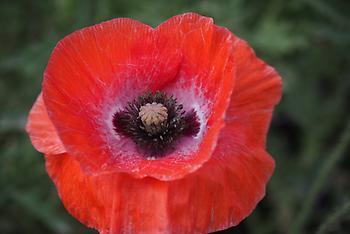Poland#
The Kingdom of Poland was founded in 1025, and in 1569 it cemented a longstanding political association with the Grand Duchy of Lithuania by signing the Union of Lublin.
The Commonwealth ceased to exist in the years 1772–1795, when its territory was partitioned among Prussia, the Russian Empire, and Austria.
Poland regained its independence (as the Second Polish Republic) at the end of World War I, in 1918. In September 1939, World War II started with the invasions of Poland by Nazi Germany and the Soviet Union (as part of the Molotov–Ribbentrop Pact).
In 1944, a Soviet-backed Polish provisional government was formed which, after a falsified referendum in 1947 took control of the country and Poland became a satellite state of the Soviet Union, as People's Republic of Poland. During the Revolutions of 1989 Poland's Communist government was overthrown and Poland adopted a new constitution establishing itself as a democracy.
Poland is the sixth largest economy in the European Union and among the fastest rising economic states in the world.
Furthermore, according to the Global Peace Index for 2014, Poland is one of the safest countries in the world to live in.
- Poland has largest boundary with Czech Republic which is approximately 615 km .
- Poland has shortest boundary with Lithuania which is approximately 91 km .
- The largest river in Poland is Vistula which is 1050 km.
- The largest export partner of Poland is Germany.
- The largest import partner of Poland is Germany.
- There are 100 seaports in Poland.
Special Facts about Nobel Prize winners#
- Poland-born Emil Adolf was the first Nobel Prize winner for category medicine in 1901 (the first year Nobel Prizes for medicine were awarded).
- There are 25 Poland-born Nobel Prize winners but none from that country in the last ten years.
- Marie Curie was the first woman ever, born in Poland, to get a Nobel Prize in physics. She obtained it in 1903.
- Joseph Rotblat is a Poland born Nobel Prize winner who got the Nobel Prize quite late, at the age of 87 years.
- Maria Curie is the first woman Nobel Prize winner in physics in year 1903. She was born in Poland.
- Maria Curie is the first woman Nobel Prize winner in chemisty in year 1911. She was born in Poland.
- Poland born Maria curie got Nobel Prize twice in two different categories (physics, chemistry) in years 1903, 1911.
National Facts of Poland#
- Corn Poppy is the national flower of Poland.
- The national sport of Poland is Football.

Foto source: PixaBay
Famous Dishes of Poland#
Bigos, Pierogi, Kotlet schabowy and Żurek are considered as favorite dishes in Poland.References#
- Text marked as italics is taken from https://en.wikipedia.org/wiki/Poland unter CC